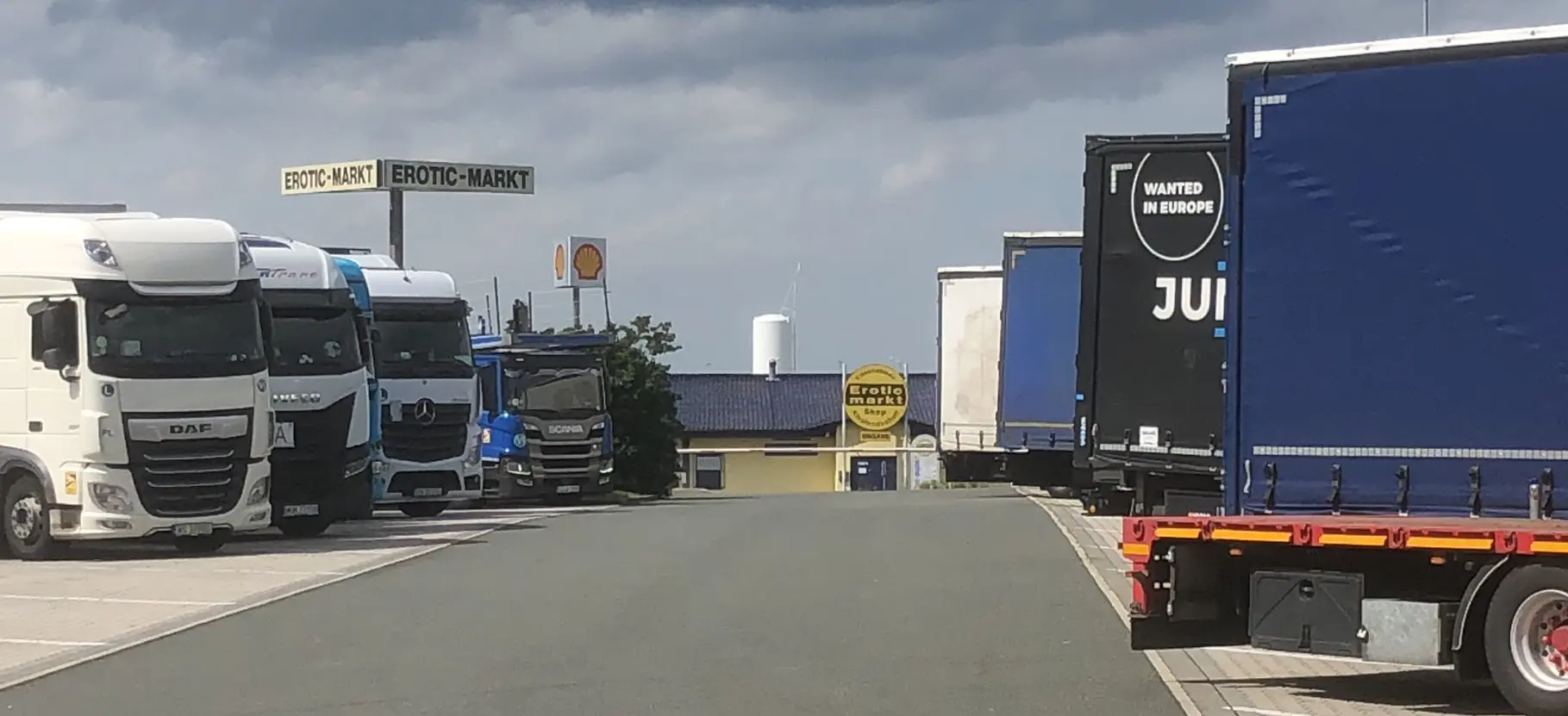 A view from a Tesla charging station in Germany
A view from a Tesla charging station in Germany
The photo above captures the state of charging stations in Germany, and let me explain why I believe it does so. During a recent journey, I had the opportunity to travel across Germany, Poland, Lithuania, and back using an electric vehicle. While it wasn’t my first long trip with an EV, I noticed a difference when heading north as opposed to south of Europe.
In countries like France, Italy, Switzerland, Belgium, Luxembourg, and the Netherlands, most electric superchargers are situated outside of gas stations, often integrated with hotels or shopping malls. This setup provides less crowded, clean from litter areas, complete with amenities and eating options.
However, in Germany, known for its pragmatic approach, charging stations are typically integrated into existing infrastructure not primarily designed for electric cars or tourists. Yet, I believe they are missing out on a significant opportunity by opting for the default or cheapest option. Electric cars are clean and exceptionally quiet, making them an attractive choice as customers. Any business can benefit from incorporating a charging station and attracting additional, and in some cases, well-off clientele.
In the past, there have been instances where companies tried to upsell customers who used a Mac computer to access their websites. With electric charging stations, there’s no need for engaging in dubious marketing schemes; you simply build one and gain access to a stream of potential customers. Some might argue that a short detour may be necessary to reach such places, but based on my observations, Tesla and other EV drivers are more than willing to make that small effort.
Tesla changing stations in Poland are located away from traditional gas stations. However, it’s worth noting that the network’s coverage is quite sparse, with a station typically available only every 300 kilometers. This leaves little room for error and can be challenging for long-distance travelers. While there are alternative superchargers available, the lack of competition in Poland, and similarly in Germany, has resulted in high pricing, often double what Tesla charges. So, there’s a business opportunity here: open a charging station that offers a competitive pricing!
The situation in Lithuania is quite chaotic. It appears that the government is attempting to promote electric vehicles (EVs) by offering free charging stations, but charging time limited to 15 minutes or 1 hour. This complicates matters further as some stations are either broken or consistently occupied, making it a challenge for travelers passing through to find an available spot. This situation results in unrealistic expectations, particularly when potential EV buyers compare the expenses to those of a 20-year-old diesel car. Additionally, a few superchargers in the country charge extremely high prices. Interestingly, there’s a silver lining as a single Tesla station in the country offers free charging. As a first step, I strongly recommend abandoning the concept of free charging stations and instead focusing on building a reliable and efficient EV charging infrastructure.
And lastly, the most annoying thing which is common across different countries, is the need to install separate apps and register on various websites for non-Tesla charging stations. As a consumer, I want a “tap to pay” or a single app solution to manage all my charging needs. A business opportunity, right?